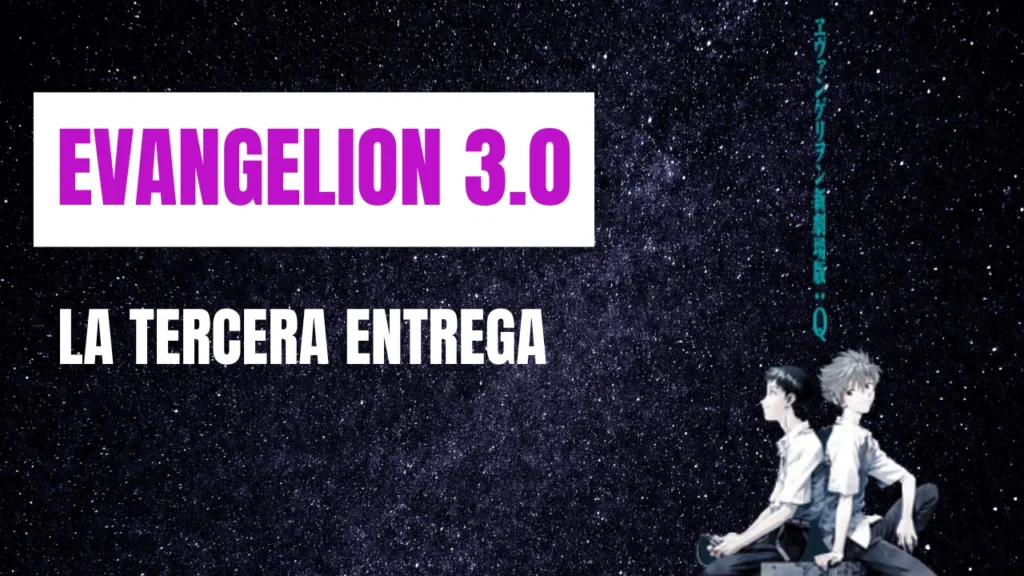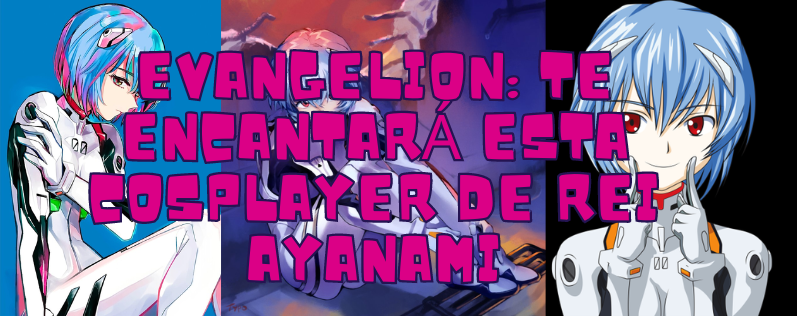"Is Anime in Danger? Hideaki Anno's Worrying Vision

Is Anime in Danger? The Worrying Vision of Hideaki Anno, the Director of Evangelion
Is anime really endangered?
The creator and director of "Neon Genesis Evangelion"Hideaki Anno has issued a warning that has shaken many anime fans and creators. According to Anno, the anime industry could be in decline. In a statement he made in 2015, Anno expressed his concern about the current and future state of Japanese animation, predicting that anime could be losing its boom and that Japan could cease to be the center of this cultural phenomenon in the coming years. But how true are his words and what has changed since then?
Who is Hideaki Anno and why does his opinion matter so much?
Hideaki Anno is a key figure in the world of anime, known primarily for his masterpiece "Neon Genesis Evangelion".
This anime, released in the 1990s, redefined the mecha genre and explored deep psychological themes that resonated with an entire generation. Its unique approach to storytelling and characters made "Evangelion" a global phenomenon, and Anno became one of the industry's most respected directors. So when someone like him talks about the future of anime, people listen.
Problems facing the anime industry in Japan
- Shortage of personnelThe anime industry is facing a shortage of skilled animators. Many of them work long hours at low wages, which has caused high turnover and difficulties in retaining talent.
- High production costsCreating quality anime requires significant investment, but most anime studios operate on tight budgets. This limits the ability to innovate and improve the visual and narrative quality of productions.
- International competitionCountries such as China and South Korea have increased animation production, with visual and narrative styles that compete directly with Japanese anime. This is causing anime to lose the exclusivity it once had.
- Market saturation: Currently, hundreds of new series are released each year, making it difficult for any one work to stand out. The amount of available content can also lead to a decrease in quality, as many studios seek to mass produce without enough time to perfect each series.
What do fans and experts think?
Anno's statement provoked mixed reactions. Many anime fans agree that the industry faces serious challenges, while others believe that this is just a stage in its evolution. For example:
- Old school fans often express nostalgia for the "golden age" of anime, when productions seemed more polished and original.
- Younger fans tend to be optimistic, as anime has never been more accessible and popular worldwide. Streaming platforms such as Netflix and Crunchyroll have made anime reach global audiences, which helps the industry continue to grow.
Is Japanese anime less influential now?
Although Japan remains the leader in anime production, countries such as China and South Korea are increasingly producing animated content, with unique styles and high quality animation. Even some Chinese series, known as "donghua," are gaining international popularity, which represents direct competition. This raises the question of whether Japan will be able to maintain its status as the epicenter of anime or whether this leadership will pass to other countries.
How might the anime industry adapt to these challenges?
To address these problems, the anime industry could consider the following strategies:
- Improving working conditions: Investing in animators, offering fair wages and a healthy work environment could help retain talent and ensure higher production quality.
- Leveraging technology: Computer animation and artificial intelligence could reduce costs and optimize the animation process, without sacrificing quality.
- International collaborationsJapan could strengthen its position through collaborations with other countries, leveraging resources and talent from different cultures to create works that connect with global audiences.
Frequently Asked Questions
Is the anime industry really in decline?
Although it is not in decline, it faces several challenges such as international competition, market saturation and lack of favorable working conditions for animators. However, it still has a solid global audience and growth potential.
What role do streaming platforms play in the future of anime?
Streaming platforms have facilitated the global expansion of anime, which has allowed the industry to reach new audiences and generate additional revenue. This could be key to its sustainability in the future.
What other countries are creating content similar to anime?
Mainly China and South Korea have increased their animation production. Chinese "donghua," for example, is gaining popularity, especially on streaming platforms that reach international audiences.
My personal opinion
While it is true that anime faces significant challenges, it is also clear that the industry has adapted and evolved over time. Hideaki Anno's words remind us that anime's success is not guaranteed and that it is essential for both creators and fans to value the effort and innovation behind each series. In my opinion, anime will continue to thrive if it manages to adapt its production methods and takes the working conditions of its creators seriously.
Conclusion: Anime, in search of a new direction
Hideaki Anno's warning is a call for reflection, both for animation studios and fans. Anime has a rich history and has left a mark on global culture, but its survival will depend on the industry's ability to renew itself and adapt to the changes of an industry that is becoming more competitive every day. If you are a true anime lover, we invite you to keep exploring! our blog to learn more about this exciting world and its future challenges!




Responses